Iran, Latin America have one thing in common – resistance to US hegemony
By Luis Rodriguez
Heading a high-ranking delegation, Iran’s President Ebrahim Raeisi is embarking on a three-nation tour of Venezuela, Nicaragua and Cuba on Sunday to bolster political, economic and scientific cooperation with the three Latin American countries, in line with his government’s pragmatic foreign policy.
The tour comes at the official invitations of his counterparts in the three countries that have many commonalities with the Islamic Republic of Iran, especially in resisting American hegemony.
Several documents of cooperation are expected to be signed between Iran and the three Latin American states during the visit to strengthen cooperation between them in various fields.
President Raeisi will also hold meetings with local and Iranian businessmen and economic experts.
In February, Iran’s foreign minister Hossein Amir-Abdollahian made an official visit to Managua, Caracas and Havana, where he received a warm welcome from top officials of those countries.
What are the shared experiences?
Iran and the three Latin American countries President Raeisi is touring share a common experience of resistance to American hegemony and are at the forefront of creating a rule-based world order.
Modern Cuban history is very similar to Iranian history. The Cuban Revolution was carried out in response to a pro-American corrupt dictatorial regime, installed through a coup, which exploited the Cuban people in a myriad of ways.
The revolution was led by a charismatic leader who became a symbol of resistance for numerous anti-imperialist movements around the world. All American counter-revolutionary attempts, from military operations to economic warfare, failed.
Iran and Cuba, two pro-resistance states, were among the handful of countries that resolutely opposed American policy even in the 1990s when the power of the “superpower” was at its peak.
The cooperation between the two countries in various fields has inspired many countries and has dismissed the myth that progress can only be achieved by accepting American hegemony.
Nicaragua also has a similar history with US hegemonic policies, planted dictators, and successful revolutionaries who are at the helm today. Since 1985, when Washington banned bilateral trade with the country, sanctions against Nicaragua have gradually gotten stronger.
Venezuela has a similar experience. The oil-rich country, like pre-revolutionary Iran, was supposed to be a milking cow according to American plans. The failed anti-democratic coups were followed by years of severe sanctions.
What is their joint cooperation?
Since the Islamic Revolution, Iran has maintained friendly relations with all three Latin American countries that are also members of the Non-Aligned Movement (NAM), but their more intensive economic cooperation began in the initial years of the 21st century.
Back then, Iran established a close relationship with Hugo Chavez's Venezuela, whose Bolivarian ideology aligned with the values espoused by the Islamic Republic, as well as with Evo Morales' Bolivia, Rafael Correa's Ecuador and Luiz Inácio Lula da Silva's Brazil.
In 2008, Iran became an observer member of the Bolivarian Alliance for the Peoples of Our America (ALBA), an intergovernmental organization based on the idea of political and economic integration of Latin American and Caribbean countries.
Between 2005 and 2012, Iran and Venezuela signed more than 270 agreements, including trade agreements on development projects, banking programs, vehicle manufacturing and energy policies.
Iran is involved in a series of joint ventures worth billions of dollars in energy, agriculture, housing, and infrastructure sectors. Its main industrial projects in Venezuela include a car assembly plant, a tractor manufacturing complex and a cement factory.
The Islamic Republic has also built more than 3,000 residential housing units for less privileged citizens in Venezuela, with 7,000 more to be completed. Since 2020, Iran has helped repair and overhaul a number of Venezuelan refineries which were hit by US sanctions.
Despite American attempts to prevent the international supply of fuel to Venezuela, Tehran sent six tankers that carried about 60 million gallons of Iranian gasoline. The ships arrived at their destination ports, escorted by the Iranian and Venezuelan navies, after US threats of intervention.
The incumbent Venezuelan President Nicolas Maduro has followed the policy of all-weather cooperation with Iran, culminating in the 20-year agreement signed between the two countries during Maduro’s visit to Iran last June.
The partnership agreement includes cooperation in the fields of science, technology, agriculture, oil and gas, petrochemicals, tourism as well as culture.
Iran has signed similar economic cooperation agreements with Cuba, Nicaragua, and the new Bolivian government in Colombia.
A remarkable example of successful Iranian-Cuban cooperation was the joint development of an effective vaccine against the coronavirus in 2020, among the first in the world.
What are the advantages of multipolarity?
The difference between unipolarity and multipolarity is the same as between dictatorship and democracy, and the experiences that all four countries share with American hegemony perfectly demonstrate the worst sides of unipolarity.
They were not sanctioned because of any misconduct, but because the people rejected the US-imposed dictators and the predetermined political-economic role of pawns on the global chessboard imagined by Washington.
Such an imaginary world, which the US calls the "national interest," is itself inherently undemocratic because it does not represent the interests of the American people, but the interests of powerful corporations and a bagful of influence-peddling lobbies.
America's monopoly over global politics, technology, trade and finance has been used for malicious attempts to turn independent countries into failed states, which in turn affected the ordinary people in these countries, depriving them of basic needs.
Unipolarity is hence empirically against democracy, humanism and human rights, all that the United States falsely stands for.
Today, thanks to the shift towards multipolarity and multilateralism, Washington is no longer in a position to threaten non-Western companies to cooperate with independent countries.
Venezuela is no longer dependent on Western refinery technology, Nicaragua on Western vaccines, or Cuba on Western machinery.
Iranian policy is totally opposite to US policy in Latin America, as well as in West Asia. It is not based on exploitation, blackmail, isolation, sanctions, sowing of discord, threats and seeing states as platforms for military aggression against neighboring countries.
It is based on mutual respect, international integration and sharing of development. That is the secret of Iran’s growing relations with these three Latin American countries.
(The views expressed in this article do not necessarily reflect those of Press TV)
VIDEO | Karachi unites in ambulance convoy and biker rally for Gaza
VIDEO | Press TV's news headlines
VIDEO | An Insider’s View of the Country: Castles in South Khorasan
VIDEO | Protecting Africa's heritage
VIDEO | The Milltown massacre
UNRWA: Israel’s ‘safe zones’ claim false, no place safe in Gaza
VIDEO | Duke University commencement speech prompts walkout over speaker's Israel support
‘500 medical personnel killed since Israeli onslaught on Gaza started’


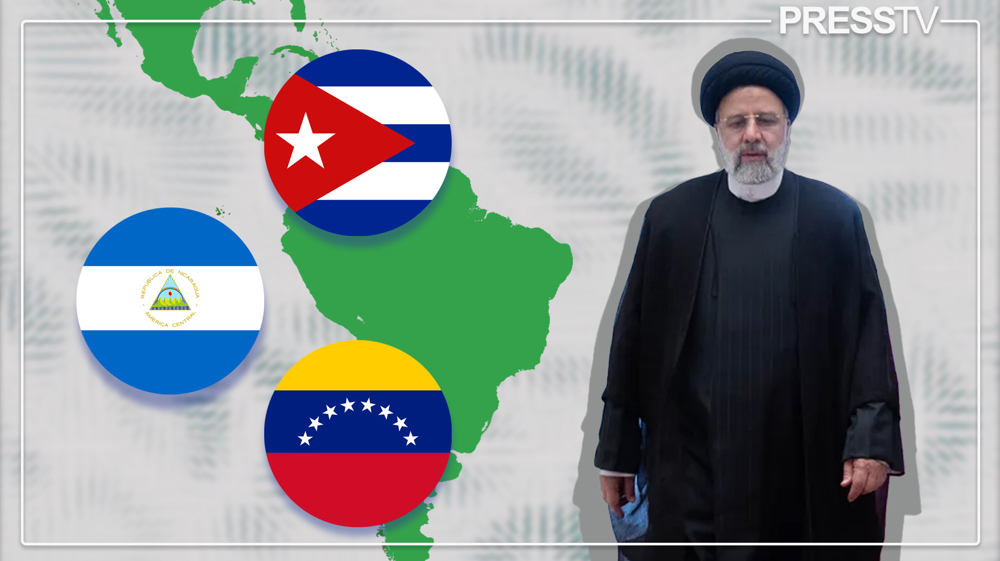


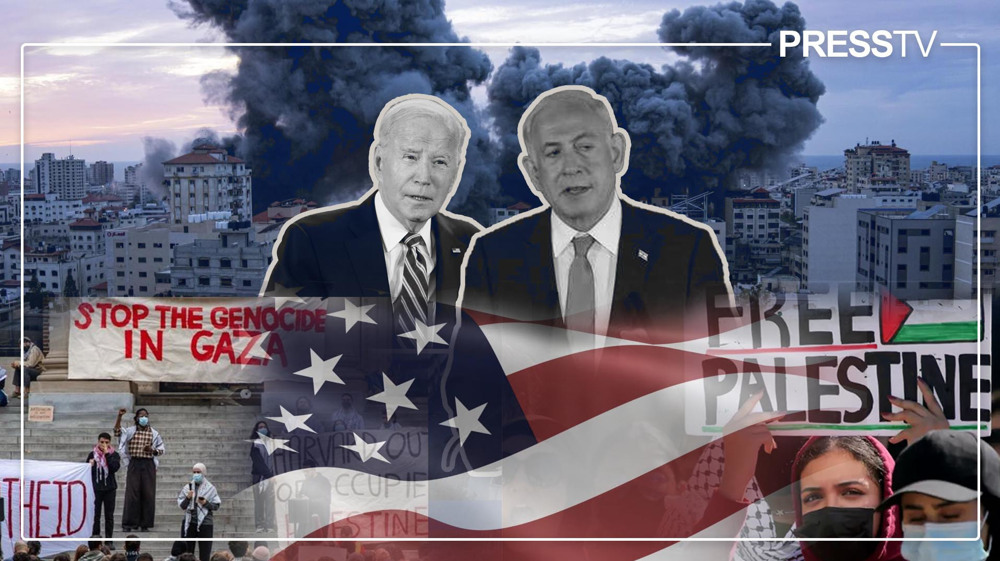



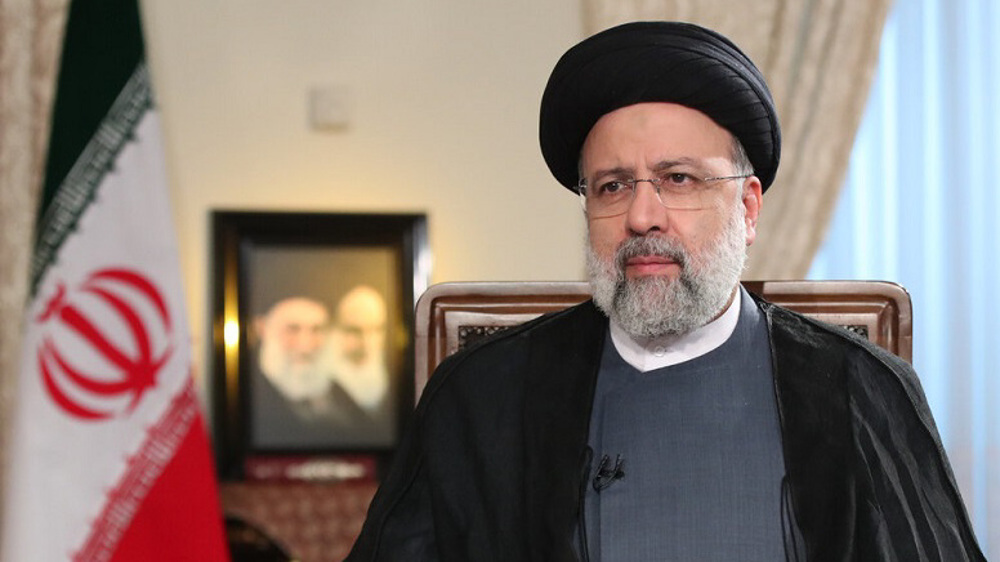
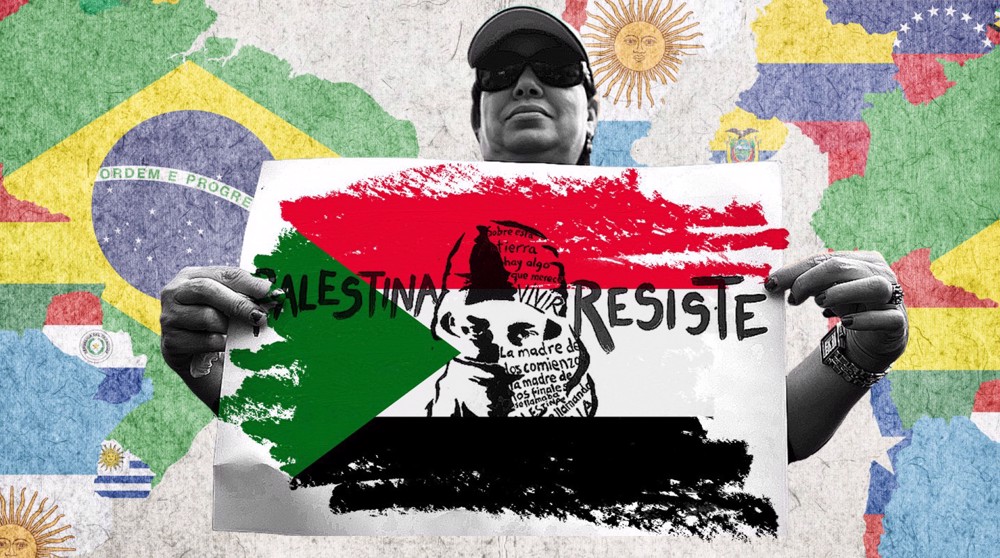

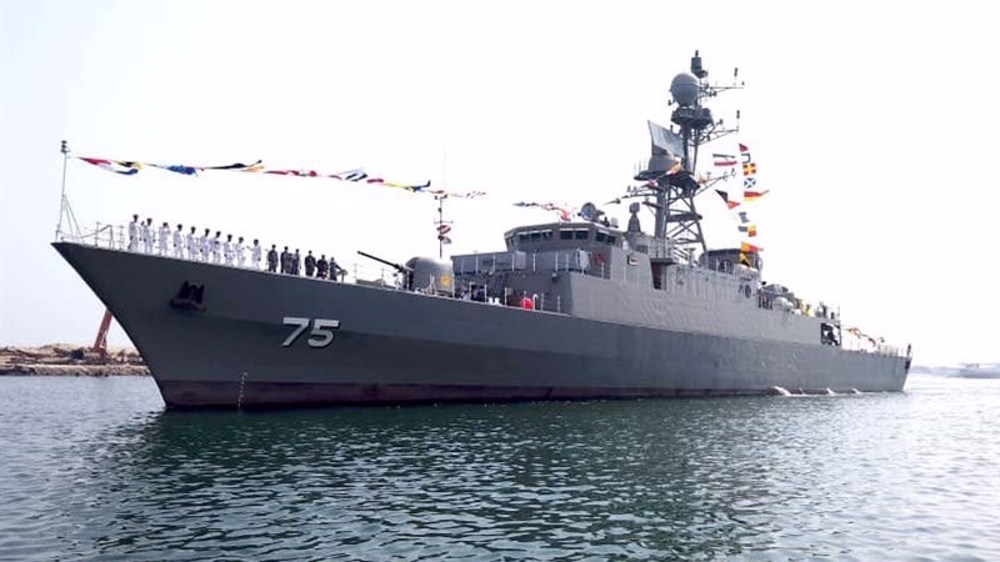

 This makes it easy to access the Press TV website
This makes it easy to access the Press TV website